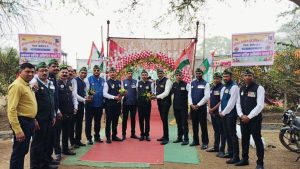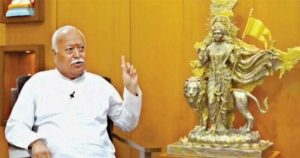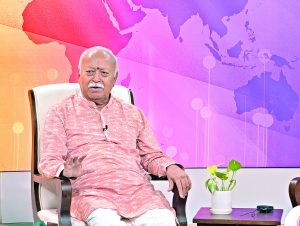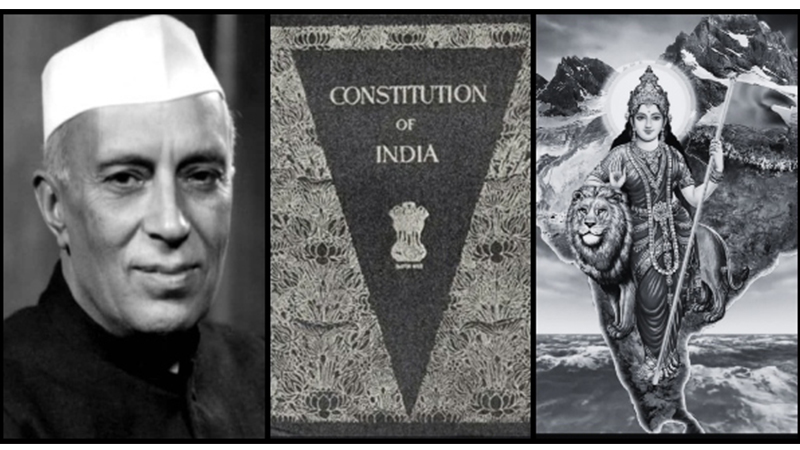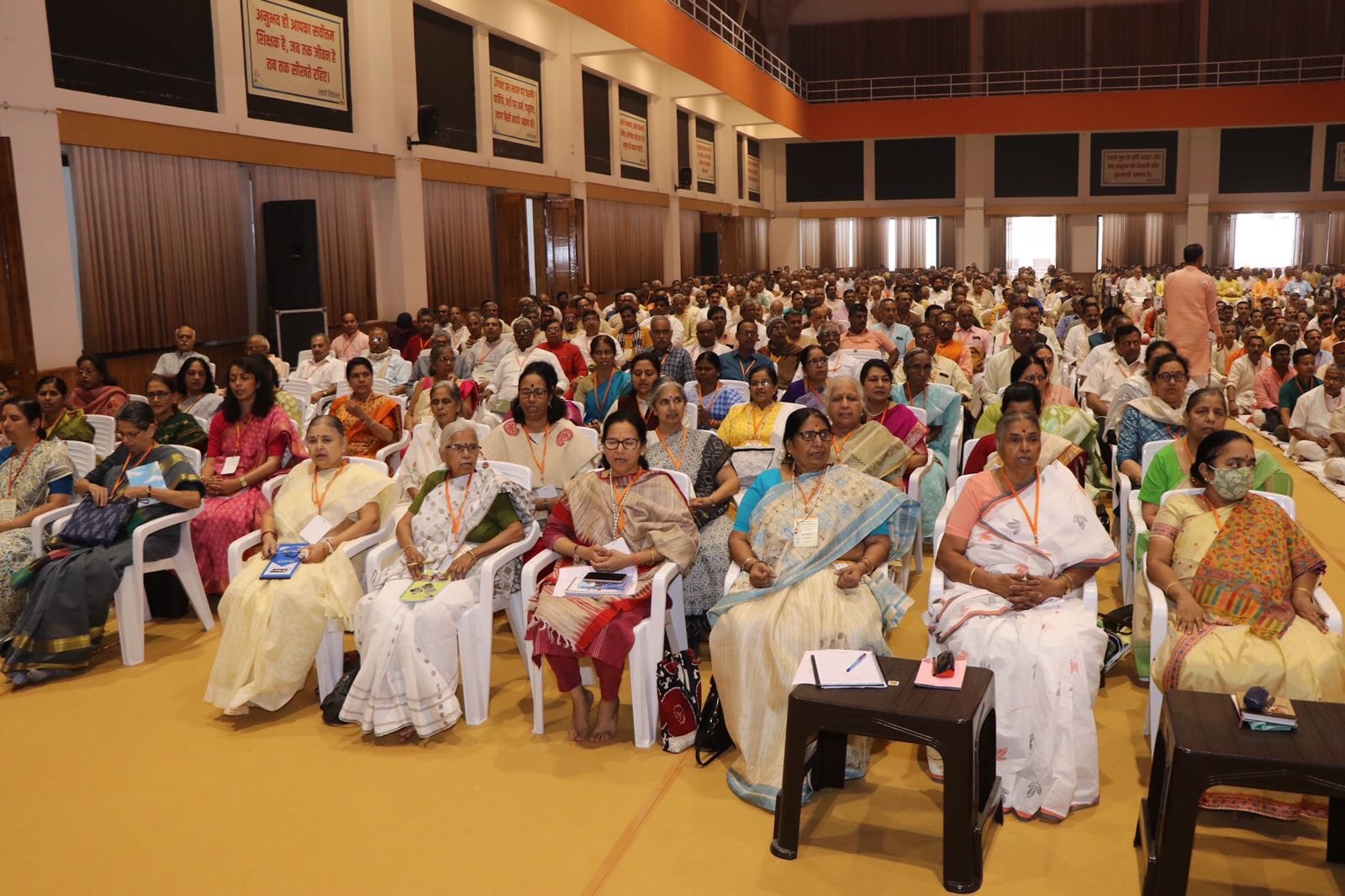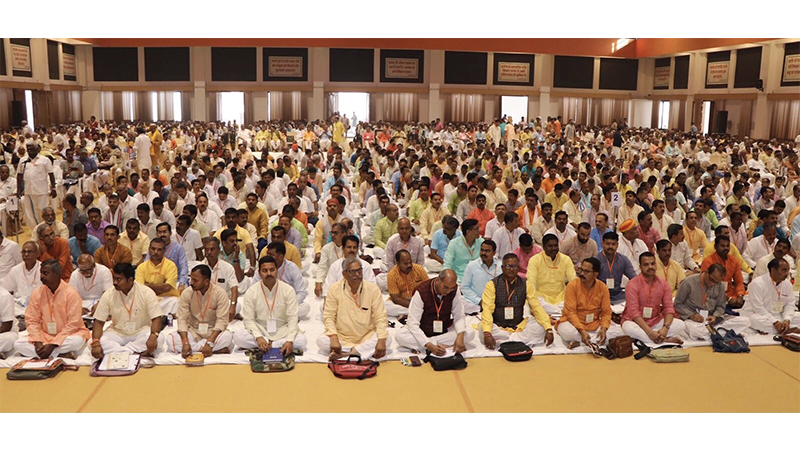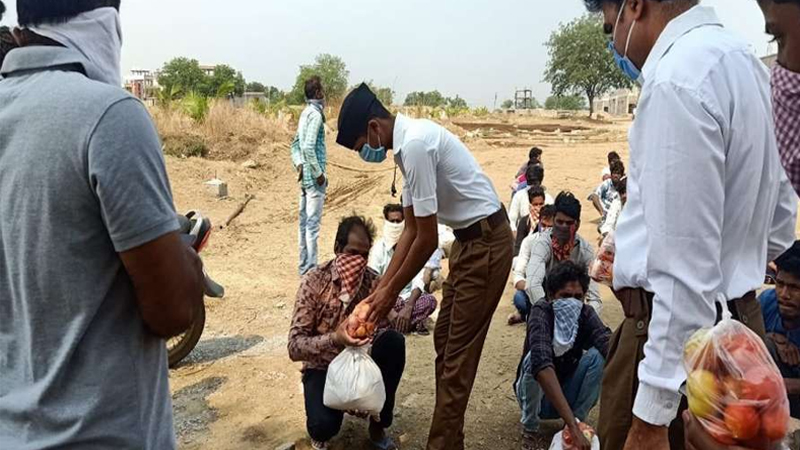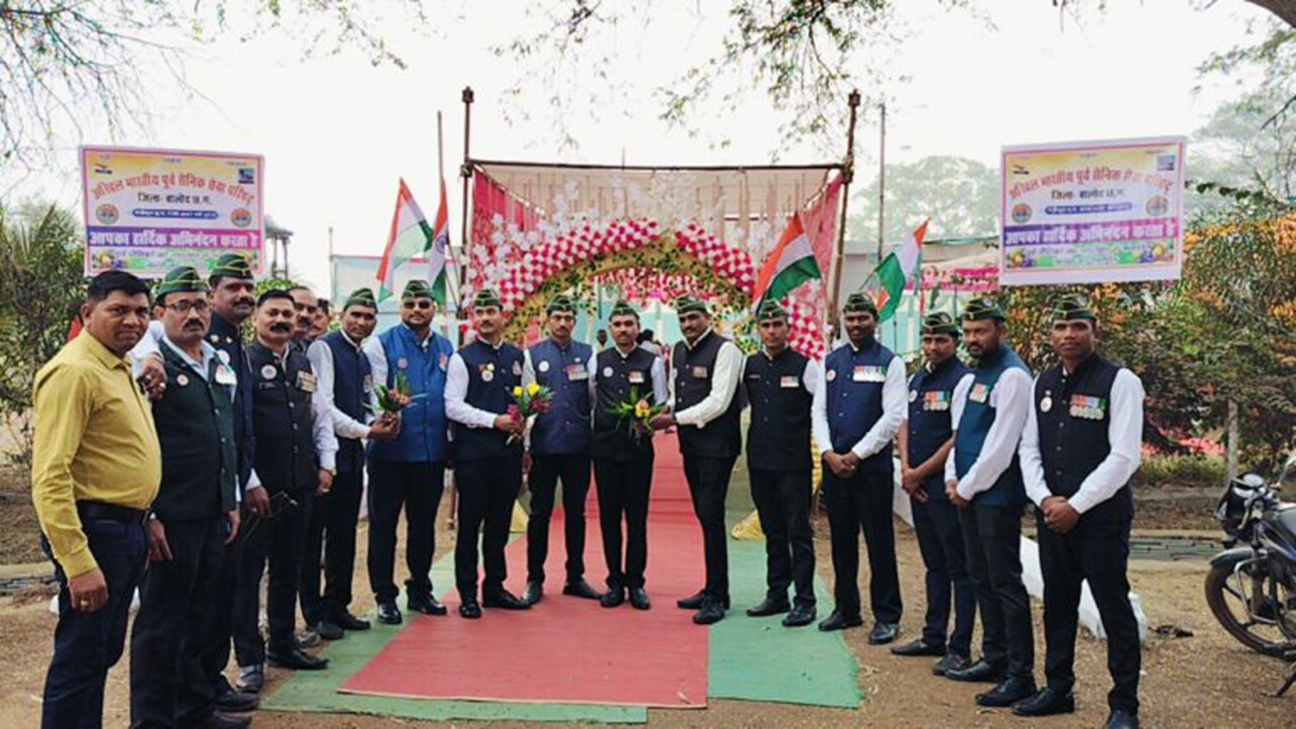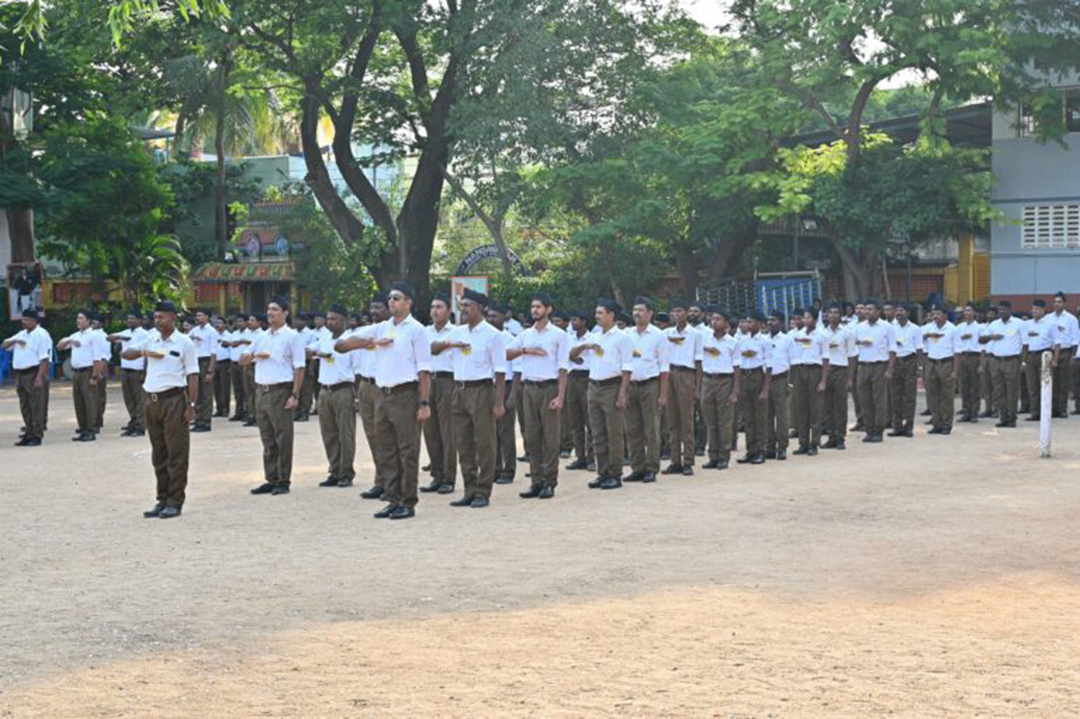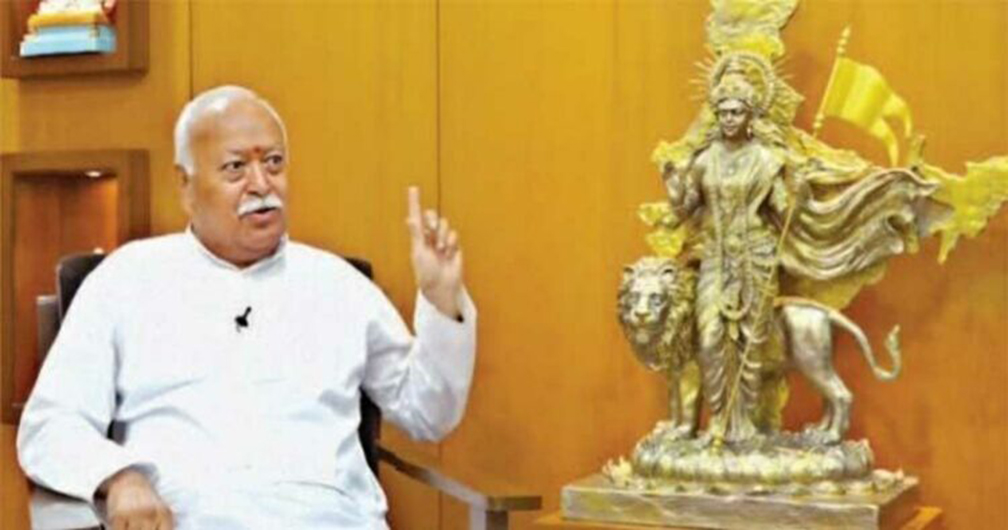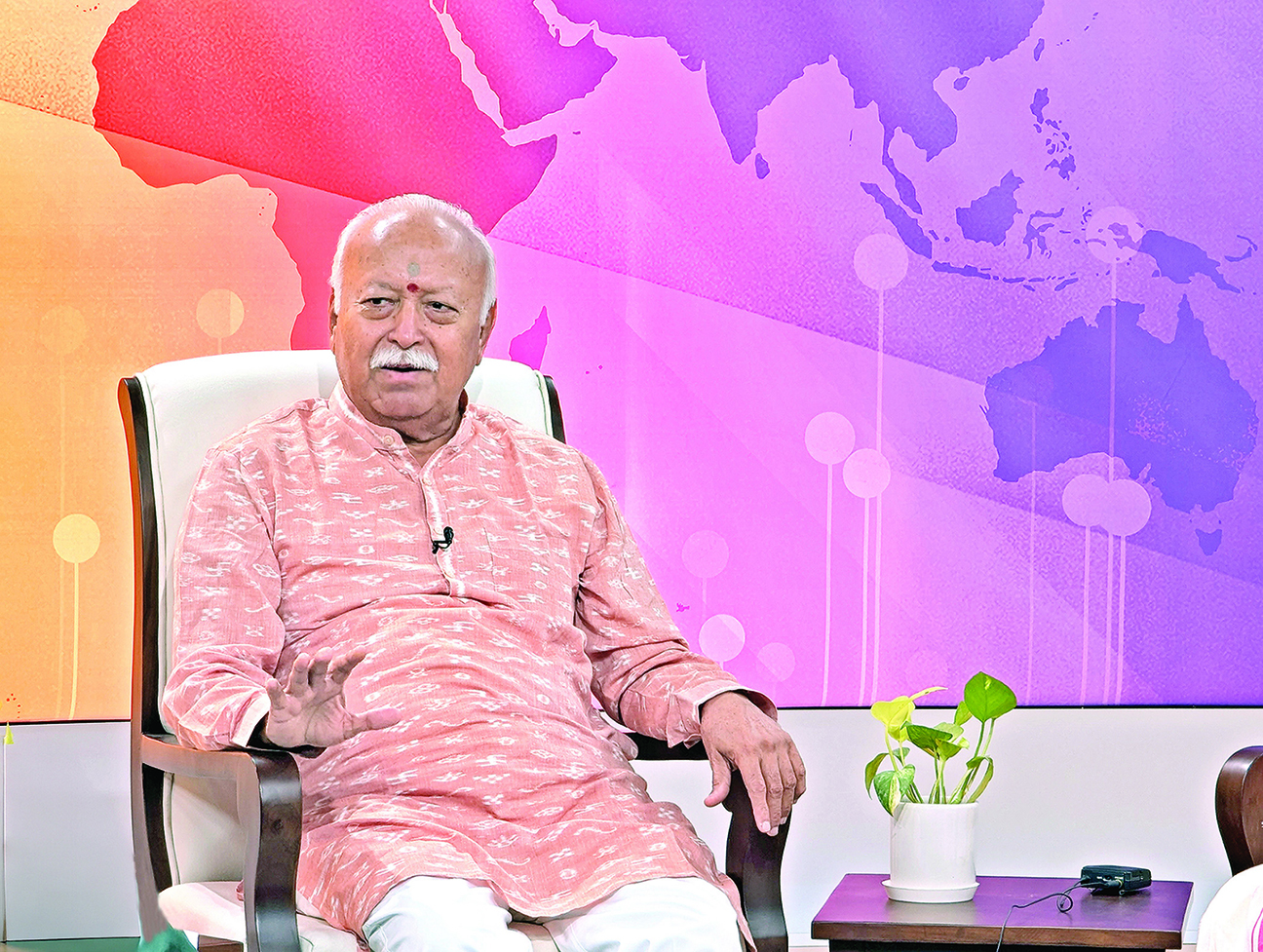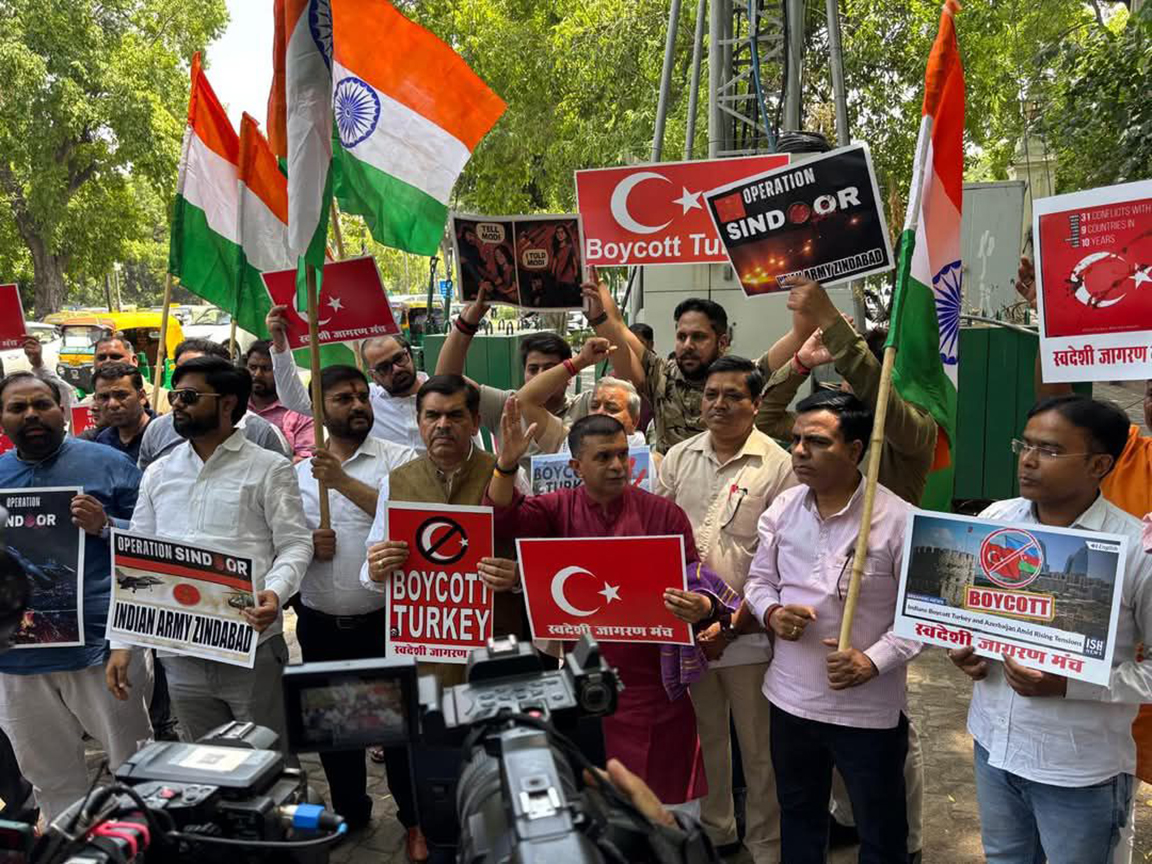What is the RSS’ stand on ‘caste’ and ‘reservation’ ?why Gandhi and Ambedkar were impressed with it?
Updated: April 30, 2024 15:08
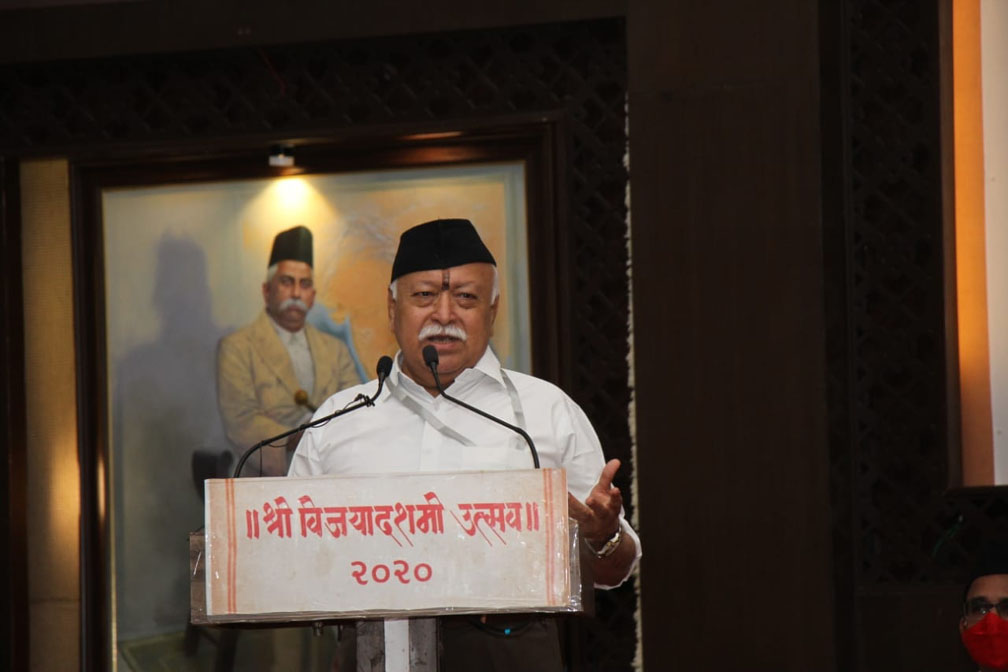
A fake video has recently been circulated on social media about the Rashtriya Swayamsevak Sangh (RSS) on the issue of reservation. The video purportedly claimed that the RSS is opposed to reservation to the scheduled castes, scheduled tribes and other backward castes. The RSS Sarsanghchalak Mohan Bhagwat mentioned about this video and spelled out the RSS stand clearly in his speech at Hyderabad on April 28, 2024 that the RSS has always supported reservation. This isn’t the first time that a controversy has been created on this issue when there was none. In this context, it is important to have a look at how RSS has dealt with India’s caste conundrum since its inception in 1925.
ABPS resolution
The highest decision-making body of the RSS is Akhil Bharatiya Pratinidhi Sabha (ABPS) which meets annually and spells out the RSS’ stand on various issues through its resolutions. Way back in 1981, much before the Mandal Commission brought the issue of reservation to the centre-stage of Indian politics in the 1990s, the ABPS had passed a resolution in 1981. The resolution categorically stated, “The RSS considers it necessary that reservation be continued for the present with a view to bringing all these brethren of ours who have remained backward in educational, social and economic fields over the centuries at par with the rest of society.”
On 21 January 2017, the then RSS joint general secretaries Dattatreya Hosabale as well as Manmohan Vaidya had issued statements on the issue to reiterate the RSS’ stand. The official statement said, “Caste-based reservation to SCs, STs and OBCs, according to the Constitution, should be continued… The reservations should continue till caste discrimination exists in Hindu society.” Hosabale is now the Sarkaryavah of the RSS and he too has reiterated this stand repeatedly on various public forums as well as the RSS programmes.
This stand was again spelled out by Mohan Bhagwat while addressing a three-day open session at Vigyan Bhawan from 17 to 19 September, 2018. The transcripts of his speech and the Question-Answer session that followed are available in a book titled ‘Yashaswi Bharat’. The book is available in public domain and yet time and again the statements of RSS Chief have been twisted in the past.
RSS works for upliftment of the downtrodden
The RSS is known for practicing what it preaches. Its structure and functioning are such that it doesn’t take caste into consideration. The volunteers are addressed by only the first name and the surname that denotes the caste is not even mentioned as the RSS volunteers work together. RSS volunteers are running more than 2 lakh welfare projects across the country for the poor and the downtrodden that help in mainstreaming them. There is no discrimination on the basis of caste, religion, language, gender or geography when it comes to choosing beneficiaries. The RSS has a separate vertical for reaching out to the socially marginalised sections of the society called ‘Samajik Samrasta’. All this done without any fuss as the core mantra of the RSS volunteers is to work for the society without taking any credit.
The work done by the RSS volunteers for the socially marginalised castes has been recognised and appreciated by icons like Mahatma Gandhi and Dr BR Ambedkar.
Ambedkar’s appreciation for the RSS work
Ambedkar’s first formal interaction with the RSS took place in 1935. He had gone to Dapoli near Pune for some work where he visited an RSS shakha. In 1939, he was invited to an RSS training camp in Pune. There he also met RSS founder Dr KB Hedgewar. There were more than 500 RSS volunteers at that camp when Dr Ambedkar reached there. Ambedkar was quite impressed by the fact that there was no discrimination on the basis of caste. In June 1953, senior RSS functionaries Moropant Pingley and Balasaheb Sathey met Ambedkar in Aurangabad, Maharashtra, where the latter asked for detailed information about the outreach of the RSS.
In September 1949, the second sarsanghchalak (chief) of RSS M.S. Golwalkar went to Delhi to meet Ambedkar to express his gratitude for the help he offered in lifting the ban on the RSS. The ban was imposed by the then Congress government after the assassination of Mahatma Gandhi on 30 January 1948 in Delhi.
In June 1953, senior RSS functionaries Moropant Pingley and Balasaheb Sathey met Ambedkar in Aurangabad, Maharashtra, where the latter asked for detailed information about the outreach of the RSS.
Ambedkar told the RSS functionaries that if they really wanted to unite the Hindu society, they should expedite the expansion of the organisation. He told them that backwards couldn’t wait for too long, so the RSS should hurry up.
Dattopant Thengadi and RSS full-time worker closely worked with Dr Ambedkar. Thengadi has given a detailed account of the meetings between the RSS leaders and Ambedkar in his book Dr Ambedkar aur Samajik Kranti ki Yatra. The book is based on Thengadi’s personal experiences and interactions with Ambedkar. As a young RSS pracharak, Thengadi was such a blue-eyed boy of Ambedkar that he was appointed as the secretary of the Scheduled Caste Federation when Ambedkar was its chairman.
He was also the election agent of Ambedkar during the by-election for Bhandara constituency.
“The RSS workers worked day and night for Babasaheb (Ambedkar) on the directions of Guruji (the second RSS chief M.S. Golwalkar)… Though Babasaheb lost this election, when he analysed the poll results he realised that the votes which he polled were much more than the total number of Scheduled Castes’ votes there. A large number of upper class voters had also voted for him. He was quite content with this outcome,” wrote Thengadi in the book.
Ambedkar also told Thengadi later, “Unless the backwards get a direction and redemption, they would be so full of anger because of their state that they would become cannon fodder for communism.”
Recounting this conversation, Thengadi wrote in his book about what Ambedkar told him, “Between Scheduled Castes and Communism, Ambedkar is the barrier.”
Mahatma Gandhi on RSS’ efforts to end caste discrimination
Mahatma Gandhi recalled this visit when he addressed an RSS meeting on 16 September 1947 in the sweepers’ colony in Delhi. Harijan, a weekly newspaper published by Mahatma Gandhi reported this event on 28 September 1947. The report said: “Gandhi ji said that he had visited the Rashtriya Swayamsevak Sangh camp years ago at Wardha, when the founder Shri Hedgewar was alive. The late Shri Jamnalal Bajaj had taken him to the camp and he (Gandhi) had been very well impressed by their discipline, complete absence of untouchability and rigorous simplicity.” “Since then, the Sangh has grown. Gandhi ji was convinced that any organisation, which was inspired by the ideal of service and self-sacrifice, was bound to grow in strength,” the report added.
